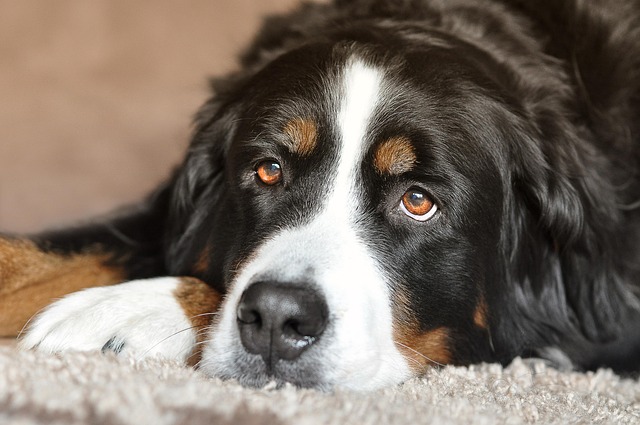
What lead can I use to stop my dog pulling?
Walking a dog should be a wonderful time shared between the owner and the beloved pet. However, when the dog suddenly exerts force and drags the leash wildly, the comfort is instantly replaced by tension.
With their round butts, short yet powerful legs, and lively and cute personalities, Corgis have brought endless joy to countless families. However, when this little guy urinates anywhere in the house, the pungent smell and the messy scene can really give the owner a headache. Every owner hopes that their Corgi can develop good urination habits and restore the tidiness and warmth of the home. To solve the problem of a Corgi urinating randomly in the house, we need to first have an in-depth understanding of the reasons behind it.
From the perspective of a Corgi's nature, they have a strong sense of territory. In the wild, dogs mark their territory with urine, and Corgis are no exception. When a new member joins the family, such as a new pet or a guest, a Corgi may urinate in various corners of the house to assert its "sovereignty." Once, an owner brought a new cat home, and the originally well-behaved Corgi started to urinate frequently on the sofa and in the corners of the house. It was trying to cover up the smell of the cat with its own scent and emphasize that this was its territory.
Age is also an important factor affecting a Corgi's urination behavior. In the puppy stage, a Corgi's bladder is not fully developed, and its ability to control urination is weak. Just like a baby who cannot control their bowel and bladder movements independently, a little Corgi may often urinate before it has time to reach the designated place. Generally speaking, a Corgi's bladder function gradually matures around 6 months old, enabling it to control urination better.
Environmental changes have a significant impact on a Corgi's urination behavior. If the owner moves to a new house, rearranges the furniture, or there are unfamiliar visitors at home, a Corgi may relieve its stress by urinating due to feelings of unease. For example, when the owner redecorates the living room and the originally familiar layout becomes strange, the Corgi may start urinating randomly in the room. This is a way for it to seek a sense of security.
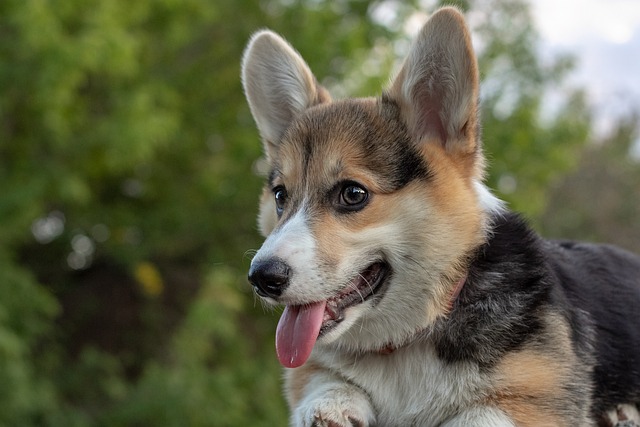 Health problems cannot be ignored either. If a Corgi suddenly starts urinating randomly in the house, it may indicate that there is something wrong with its body. Diseases such as urinary tract infections and kidney stones can make a Corgi feel the urge to urinate frequently and make it difficult for them to control. Once the owner notices that the Corgi's urination frequency is abnormal, or the color or smell of the urine has changed, they should immediately take it to see a veterinarian. There was once a Corgi that suddenly urinated more frequently and always urinated in the corners of the house. After the owner took it to the doctor, it was found to have a urinary tract infection. Only after treatment did the Corgi return to normal urination.
Health problems cannot be ignored either. If a Corgi suddenly starts urinating randomly in the house, it may indicate that there is something wrong with its body. Diseases such as urinary tract infections and kidney stones can make a Corgi feel the urge to urinate frequently and make it difficult for them to control. Once the owner notices that the Corgi's urination frequency is abnormal, or the color or smell of the urine has changed, they should immediately take it to see a veterinarian. There was once a Corgi that suddenly urinated more frequently and always urinated in the corners of the house. After the owner took it to the doctor, it was found to have a urinary tract infection. Only after treatment did the Corgi return to normal urination.
After understanding the reasons, targeted measures should be taken. First of all, it is necessary to establish a regular urination schedule for the Corgi. Take the Corgi for a walk outdoors at fixed times every day and guide it to urinate during specific time periods, such as after getting up in the morning, half an hour after a meal, and before going to bed at night. By persevering in this for a long time, the Corgi will develop a biological clock and have the awareness to urinate at the right time. When going out, once the Corgi urinates in an appropriate place, the owner should give rewards in a timely manner, such as delicious snacks, enthusiastic praise, and gentle strokes, to reinforce its correct behavior.
Setting a fixed urination area is crucial. Select a quiet and easy-to-clean corner in the house, lay down a pee pad or place a litter box, and put the Corgi's urine or feces on it to let it get familiar with the smell of this place. When you notice that the Corgi shows signs of urination, such as sniffing the ground frequently or turning around in circles, immediately carry it to the designated area. If the Corgi successfully urinates there, give it a reward; if it urinates elsewhere, do not beat or scold it. Just gently stop it, then clean up the mess and eliminate the smell to prevent it from urinating in the same place again.
When a Corgi urinates randomly in the house, the owner's way of dealing with it is crucial. Never beat or scold the Corgi, because this will make it feel scared and confused. Not only will it not solve the problem, but it may also increase its psychological burden, leading to more serious urination problems. Stay calm, stop it in a gentle tone, and then take it to the designated urination area. For example, when you see the Corgi preparing to urinate in the living room, the owner should softly say "No" and then quickly carry it to the pee pad.
Reducing the Corgi's stress also helps to solve the urination problem. When there are changes in the home environment, spend more time with the Corgi to give it a sufficient sense of security. You can play with it and give it its favorite toys to help it gradually adapt to the new environment. For example, after moving to a new house, the owner should spend more time accompanying the Corgi to explore the new home, let it get familiar with each room, and reduce its sense of unease.
Take the Corgi for regular medical check-ups to ensure its physical health. If any health problems are found, treat them in a timely manner to solve the abnormal urination caused by diseases at the root.
Preventing a Corgi from urinating randomly in the house requires patience and love from the owner. By understanding the Corgi's behavioral motives, adopting scientific and reasonable training methods, and giving sufficient care and guidance, we will definitely be able to help the Corgi develop good urination habits and fill the home with harmony and joy again.

Walking a dog should be a wonderful time shared between the owner and the beloved pet. However, when the dog suddenly exerts force and drags the leash wildly, the comfort is instantly replaced by tension.
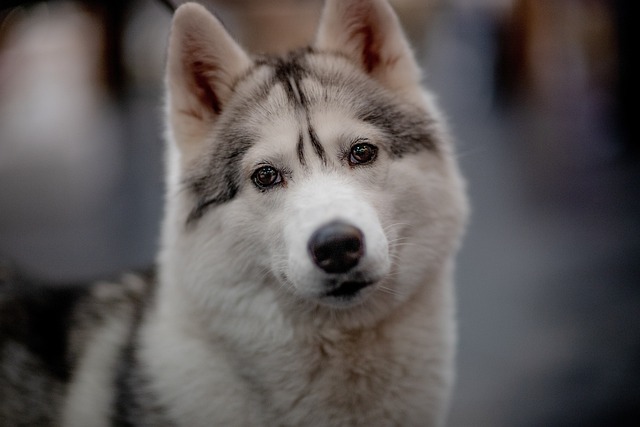
When the fluffy little puppy comes to our home, its innocent and lovely appearance instantly captures our hearts.
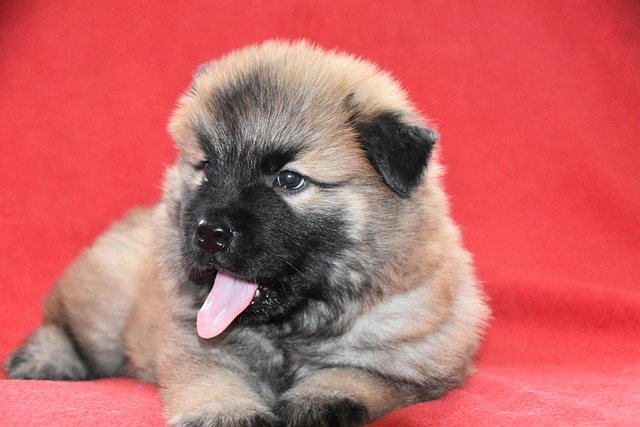
In the late night, when the whole world is immersed in tranquility, the dog at home suddenly starts barking incessantly. The sharp barking breaks through the silence,
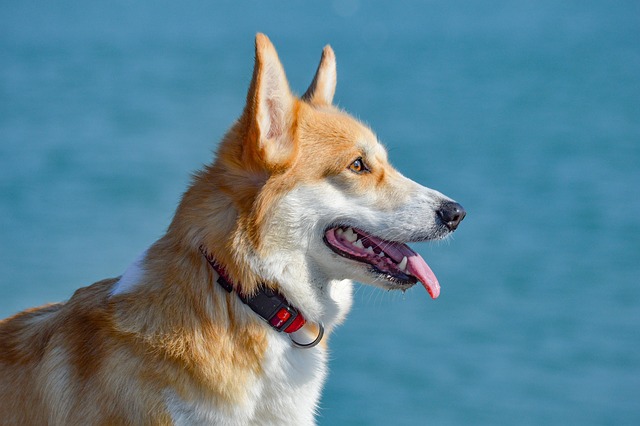
In the quiet afternoon or in the dead of night, the Siberian Husky at home suddenly starts barking loudly without any warning,
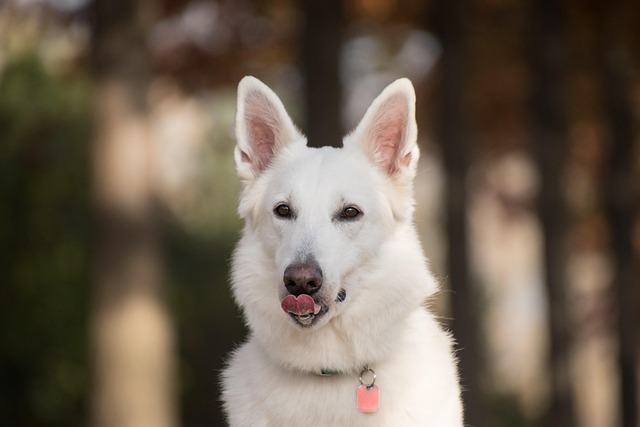
When the Irish setter walks with an elegant pace, its reddish-brown hair shines in the sun, and its lively eyes are full of curiosity and enthusiasm, anyone will be attracted by this unique charm.
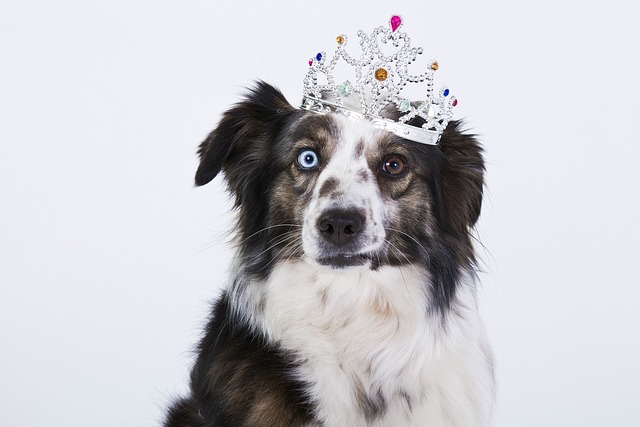
When the furry little life stumbles into our lives, the soft and sticky cry and wagging tail instantly melt the hearts of countless dog owners. However, behind this sweet companionship, puppy potty training is like a mountain in front of them.